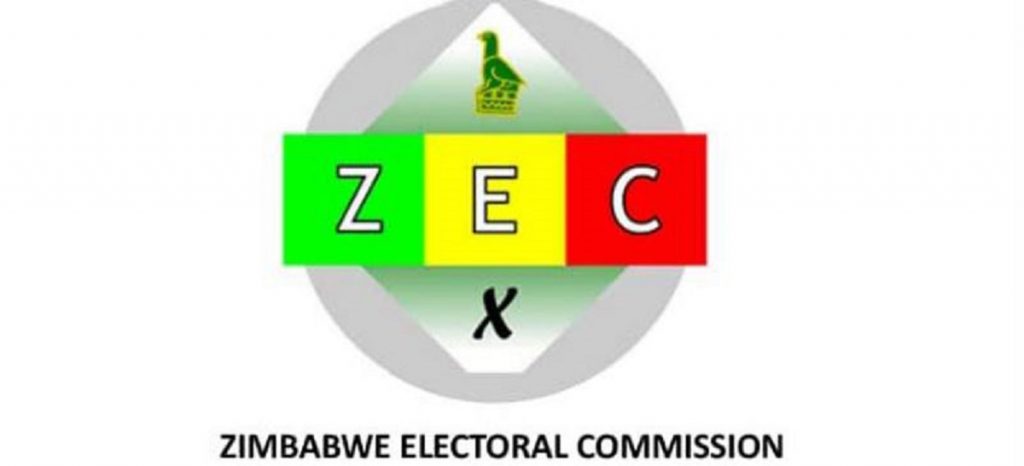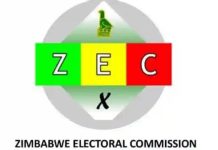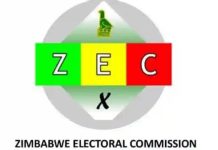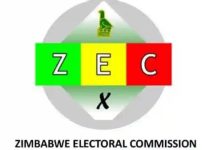IT has become very fashionable to trash-talk the Zimbabwe Electoral Commission (Zec).In both print and electronic media, as well as social media, on both sides of the political divide, no one is happy with the work that is done by Zec. There is an element of distrust, a feeling that all is not well within the commission.
Numerous conspiracy theories have been peddled about the commission over the years. Before we examine the origins of this general disquiet, before we dare proffer solutions or to prescribe what must be done to improve the image of the commission, let us take a look at what the law envisages as the purpose of the commission.
Zimbabwe is a constitutional democracy. The basic and elementary definition of democracy is government of, by, and for the people. It is government of a community in which all citizens have the right and opportunity to participate. In a democracy the people are sovereign. The people are the ultimate source of authority.
In a constitutional democracy, the authority of the majority is limited by legal and institutional means so that the rights of individuals and minorities are respected. The powers of government are limited by law and a written or unwritten constitution which those in power obey.
One of the tenets of a constitutional democracy is leadership through succession elections. Elections are supposed to ensure that key positions in government will be contested at periodic intervals and that the transfer of governmental authority is accomplished in a peaceful and orderly process.
Our country was technically, though not culturally or morally or historically, born of an “existing constitution” which came into operation on April 18, 1980.
This founding constitution is popularly referred to as the Lancaster House constitution. The existing constitution was repealed and substituted by the “new constitution”, which is otherwise known and cited as (the Constitution of Zimbabwe Amendment (No. 20) Act 2013). The new constitution came into effect on the day it was gazetted, on publication day, a day defined by its 6th schedule. (As stipulated by Section 51(5) of the existing Lancaster House constitution).
The existing constitution remained in force to the extent specified in the 6th Schedule of the new constitution. Why is this history important? We will be able to use the 6th Schedule of the new constitution to determine how or why certain perceptions arose with regards to the alleged deficiencies or shortcomings of Zec.
Section 2 of the new constitution entrenches the supremacy of the constitution in Zimbabwe. It boldly and unequivocally stipulates that: “… any law, practice, custom or conduct inconsistent with it is invalid to the extent of the inconsistency”.
We, the people of Zimbabwe, in the preamble of our new constitution, bravely resolved, by the tenets of our new constitution, to commit ourselves to: “… build a united, just and prosperous nation, founded on values of transparency, equality, freedom, fairness, honesty, …”. We committed ourselves to making the new constitution the fundamental law of our beloved land.
Zec stands accused of failing to uphold these values, of not being transparent, of failing to treat its stakeholders fairly, of being unfair and dishonest, and failing to guarantee the freedom of Zimbabweans to be governed by leaders of their choice.
The commission is accused of subverting the will of the Zimbabwean people, not only is 2018, or 2013, or 2008, but in all the elections since 1980, and including 1980 itself. Needless to say, these allegations are serious. Are they based on facts, or on speculation?
The 6th Schedule sets out the commencement procedures of the new constitution, including transitional provisions and savings. It pronounces itself to have the unfettered power to prevail over all other provisions of the new constitution, to the extent of any inconsistency. In its Section 3, the 6th Schedule stipulates that Chapters 5, 6 and 7, of the new constitution came into effect on the date of publication, except Sections 158, 160, and 161. Chapter 5 relates to election and assumption of office of the Office of President. Chapter 6 relates to the election of members of Parliament and the summoning of Parliament after a general election and to the assent to Acts of Parliament by the President, and Chapter 7 relates to elections.
The exceptions: Section 158 relates to the timing of elections, Section 160 to the number on constituencies and wards, and Section 161 to the delimitation of electoral boundaries. The operation of these three sections was to come into effect on a date other than the date of publication of the new constitution in 2013. That date was established in terms of Section (3)(1)(2) of the 6th Schedule as the day on which the President elected in the first elections assumes office.
The assumption is that this is the date on which a President was elected in the first election after the new constitution. Logic dictates that the effects of that new constitution could not come into operation retrospectively. The date of the publication of the new constitution was May 22, 2013.
The first elections after that date were held on July 31, 2013. The President who was elected in those first elections assumed office on August 22, 2013. So Sections 158, 160, 161 came into effect on 22 August 2013.






